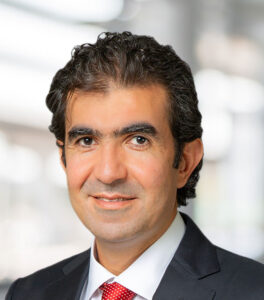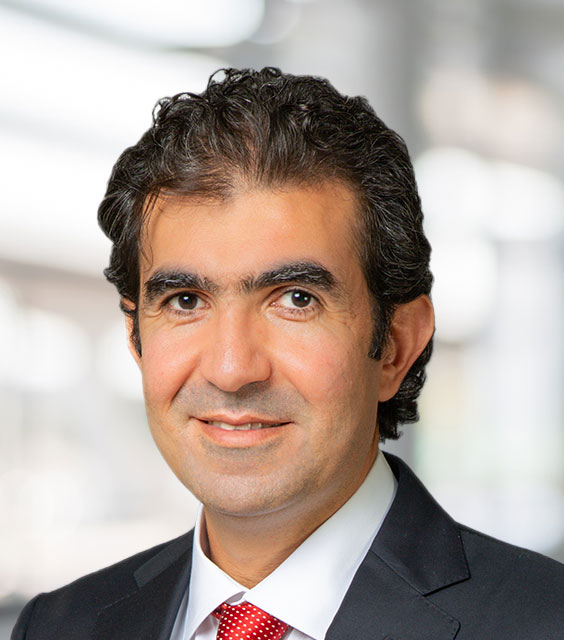IHS Nigeria, a subsidiary of IHS Towers—one of the world’s largest tower companies—has announced a partnership with Canadian energy company Jaza Energy to install solar hubs at 250 telecom towers in underserved areas of Nigeria. This collaboration aims to significantly reduce the environmental impact of IHS’s operations.
The solar hubs will provide clean energy to the towers, and any excess power generated will be used to charge battery packs for local households and businesses, reducing reliance on diesel generators. Jaza Energy specializes in energy solutions designed to support communities and enhance access to reliable power.
As part of its Project Green initiative, IHS is committed to reducing carbon emissions, targeting a 50% decrease in kWh emissions intensity by 2030. The company has invested over $200 million in this initiative over the past two years. “This partnership with Jaza Energy aligns perfectly with our goals, allowing us to integrate more solar solutions at our sites while supporting local communities,” said Mohamad Darwish, CEO of IHS Nigeria. “By helping Jaza Energy provide access to battery packs for homes, we offer a sustainable alternative to diesel-powered generators.”

Jaza Energy has successfully delivered over three million solar battery swaps, reaching more than 100,000 people in Tanzania and Nigeria with clean energy solutions. IHS anticipates that the 250 solar hubs will lead to an emissions reduction of approximately 32,600 to 33,000 tonnes of CO2e over the seven-year agreement. This initiative underscores IHS Nigeria’s readiness to adopt solar energy amid rising fossil fuel costs. Nigeria is battling rising fuel costs, in addition to forex constraints. Currently, the Naira has weakened to around 1670/$1 from 461/$1 a year ago, while the price of petrol has risen to N860 at subsidized government-owned stations, with some selling for up to N1000 per liter. Diesel-powered and petrol-powered electricity costs have also surged, nearing N500/kWh from N300/kWh and N200/kWh a year ago.





